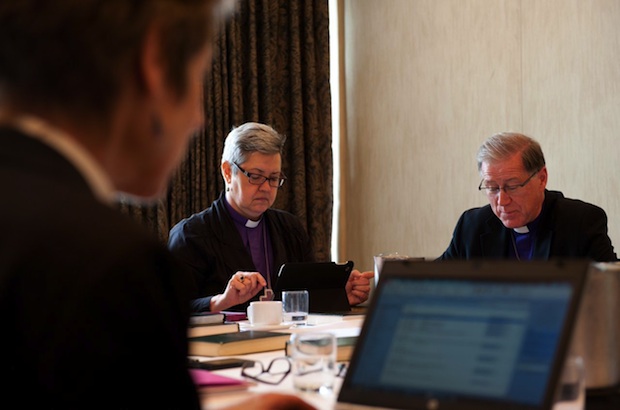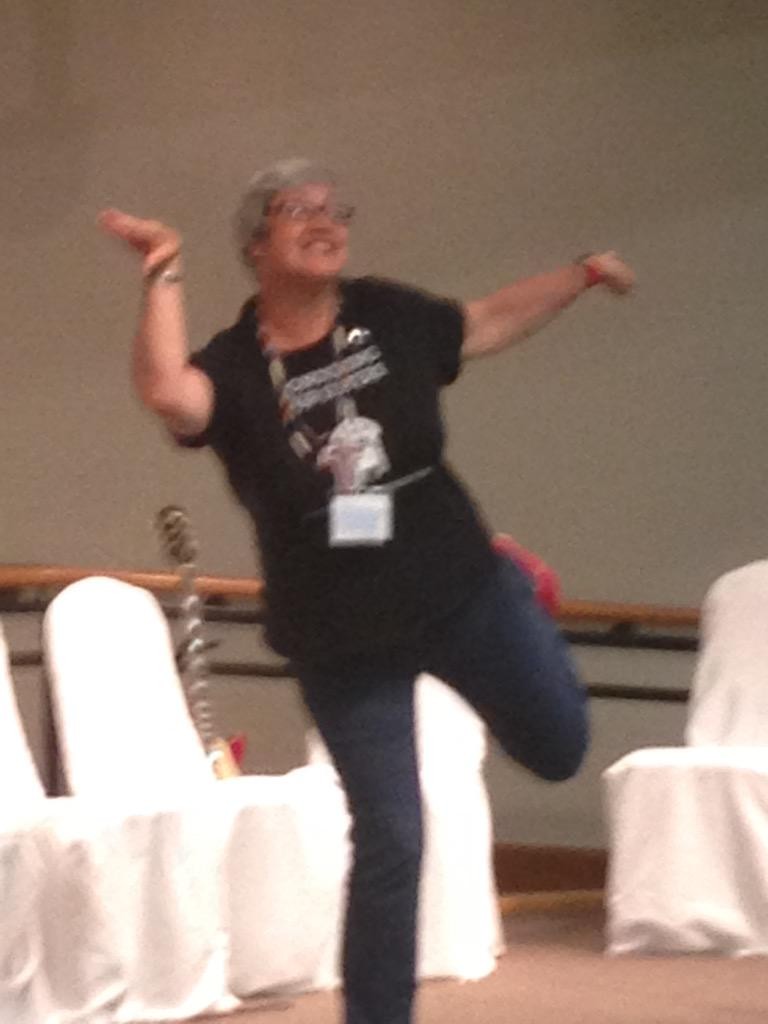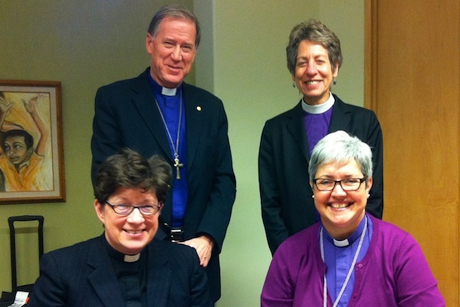The leaders of the North American Anglican and Lutheran Churches recently met in Toronto to discuss mission. With each denomination in dramatic decline – the Anglican Church of Canada had a pitiful average Sunday attendance of around 141,000 in 2007 – it only makes sense that they pool their survival strategies, known as “mission” in ecclesiastical parlance, to attempt to eke out an existence at least until the current generation of clergy start collecting their pensions.
This “renewed focus on mission” has created a sense of “renewed energy”, apparently; to paraphrase Dr Johnson, nothing concentrates the mind as effectively as the prospect of one’s imminent demise.
As part of the plan to demonstrate that the denominations are still relevant and to allay the suspicion that the meeting was entirely self-serving, the leaders have promised to issue a joint statement on climate change. Many of us have been waiting agog with anticipation for a joint Anglican-Lutheran statement on climate change: if that doesn’t fill the pews, nothing will.
Fred Hiltz is confident that conflict around same-sex marriage is not as all-consuming as it used to be. This shouldn’t be too surprising since most of those who disagree with the church’s determination to bless same-sex unions have either left, died or are too exhausted to argue any more.
 From here:
From here:
When the heads of the Anglican and Lutheran Churches in North America met recently in Toronto, a common theme emerged when they shared developments in their respective churches: all felt a sense of “renewed energy” that they attributed to a “renewed focus on mission.”
One of the big things he heard, said Archbishop Fred Hiltz, primate of the Anglican Church of Canada, was that, “We’re in a different place…Notwithstanding the fact that there’s still some tension within our churches around human sexuality, we could all say, ‘we’re in a much less conflicted place.’”
While conflicts around same-sex blessings and same-sex marriages remain, “it’s not all consuming compared to, say, a few years ago,” said Hiltz in an interview.
Hiltz, along with Evangelical Lutheran Church in Canada Bishop Susan Johnson, Episcopal Church Presiding Bishop Katharine Jefferts Schori, and Evangelical Lutheran Church in America Presiding Bishop Elizabeth Eaton met in Toronto July 2 and 3. The meeting was the fifth of informal talks colloquially known as the “Four-Way” dialogue.
Like this:
Like Loading...



 From
From  The heads of the Anglican Church of Canada, the Evangelical Lutheran Church in Canada (ELCIC), the Episcopal Church and the Evangelical Lutheran Church in America (ELCA) have agreed to co-ordinate their responses to “events that transcend” their borders, such as natural disasters.
The heads of the Anglican Church of Canada, the Evangelical Lutheran Church in Canada (ELCIC), the Episcopal Church and the Evangelical Lutheran Church in America (ELCA) have agreed to co-ordinate their responses to “events that transcend” their borders, such as natural disasters.